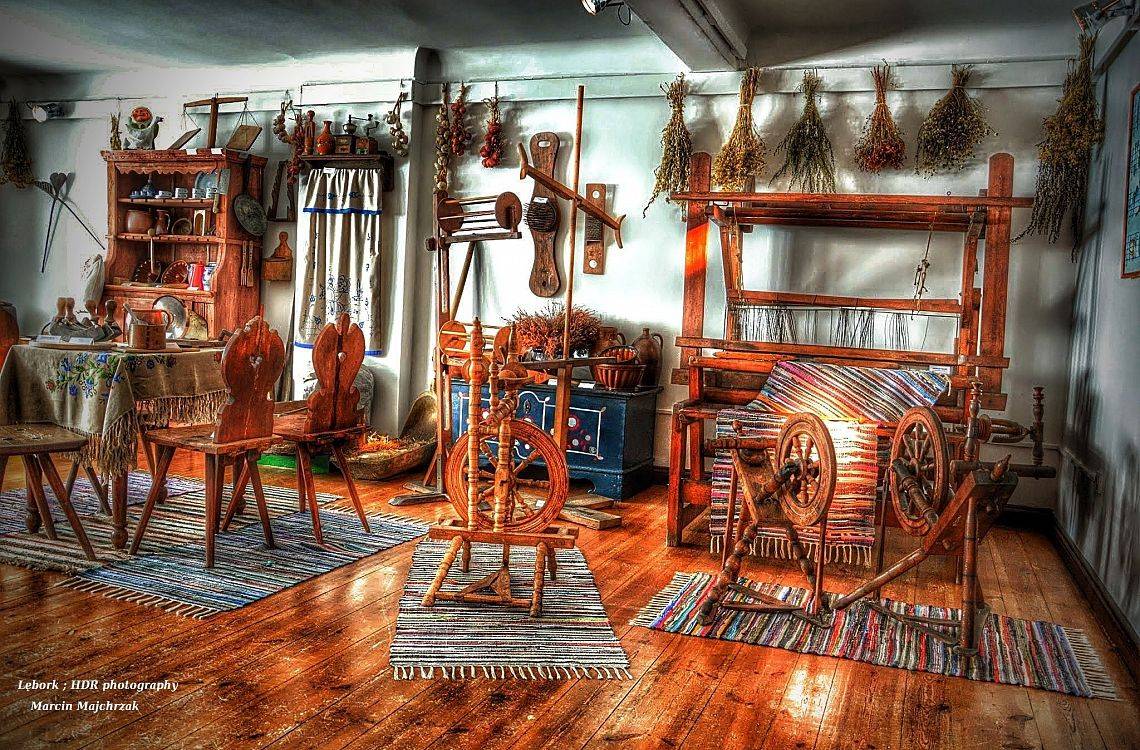Etnography
Some remain under the charm of manor houses, full of splendor, others appreciate the simplicity and idyll of the Pomeranian spirit. It cannot be forgotten that the manors, manors and palaces were located in the countryside, perfectly suited to the colour of the Kashubian landscape. The proper functioning of a Kashubian village made it possible to ensure appropriate standards for the local estate owners.
The name of Kashubia appears for the first time in written sources in the 13th century. It was brought to light by the Dominican Order, which created a territorial unit in these areas, called the Kashubian contract. It stretched from Słupsk, and probably also Tczew and Gdańsk in the east, to Greifswald and Pasewalk in the west.
Kashubian culture is extremely interesting and it is completely different from the cultures found in other regions of Poland. Traditional Kashubian costumes, songs, music and even the language have been preserved until now. Kashubians, being the indigenous Slavic population of Pomerania, have lived in these areas for centuries. They have always emphasized a great attachment to tradition, cultivating folk customs, their own language and regional identity. All this makes the region unique.
